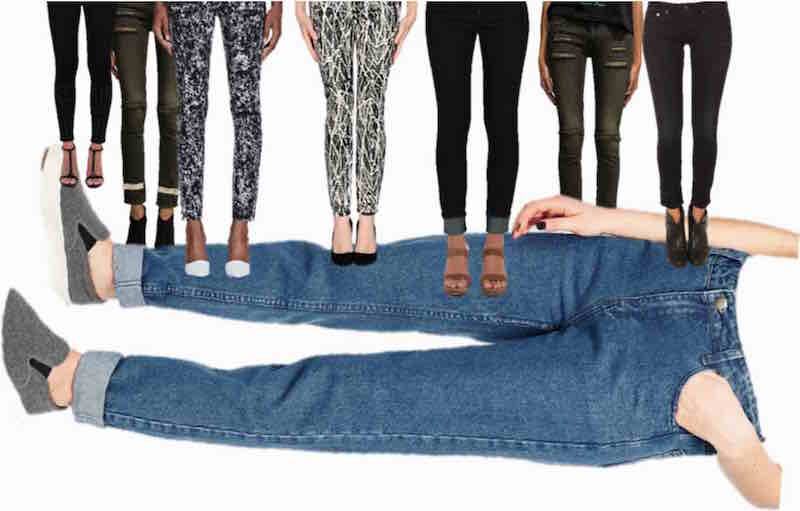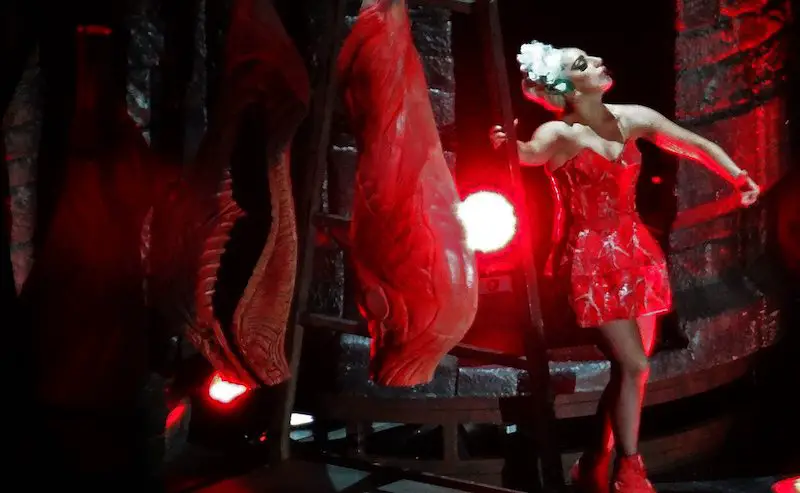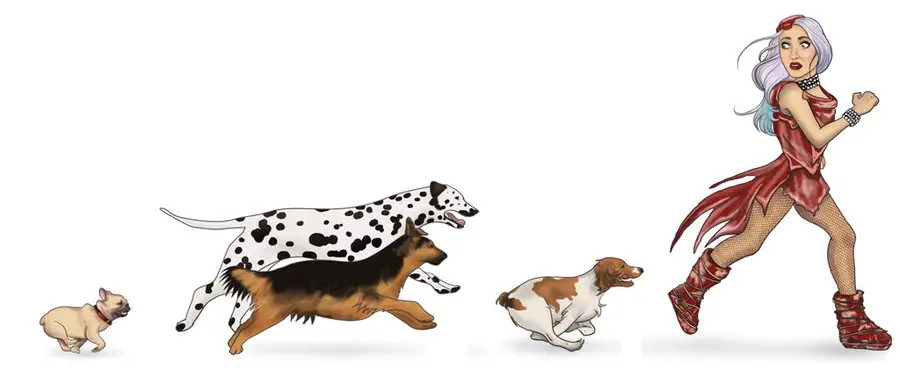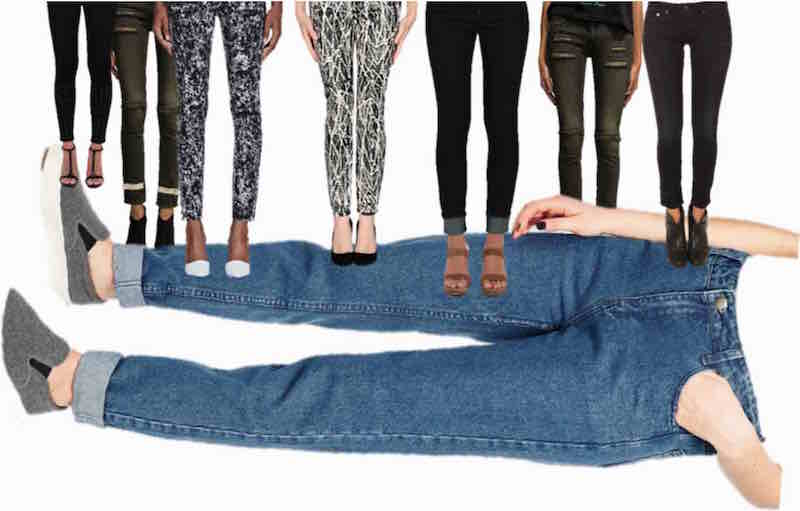The Internet is Drunk. Just Ignore It.
by Hannah Leverson
 Normcore is a term founded in 2014 by K-Hole, a group of trend forecasters in New York, meaning to “move away from a coolness that relies on difference, to a post-authenticity coolness that opts into sameness.”
Normcore is a term founded in 2014 by K-Hole, a group of trend forecasters in New York, meaning to “move away from a coolness that relies on difference, to a post-authenticity coolness that opts into sameness.”
In other words, if differentiation is no longer possible, find happiness in being like the people around you.
Normcore — often mistakenly associated with wearing plain clothes — actually means to suit yourself based on your current state, or to adapt. For example, mom/dad jeans is Normcore if you’re a mom/dad wearing jeans. Mom/dad jeans are not Normcore if you’re a hot young person looking to stand out in a sea of trendy skinny jeans. (Skinny jeans would be Normcore in that case.)

In terms of dressing for the red carpet, this mindset would motivate a star to blend in with a glamorous but easily digestible outfit, and to move on without a legacy (or one based in clothing, anyway). Camouflage yourself depending on your environment. Anticipate that your style may be forgotten, but that’s OK.
In a Man Repeller article from February of this year, writers Leandra Medine and Amelia Diamond posit, “normcore is a by-product of memes.” Their point is that celebrities may choose a neutral ensemble over a bright floral print with a big accessory in order to avoid becoming immortalized in an Internet meme. K-Hole says itself that the Internet and globalization are responsible for the lack of capacity for individuality that led to the Normcore revolution.
I’m going to try to add to the conversation by addressing the thought processes behind both red carpet choices and their effects. Let’s say a starlet is choosing her dress for the VMAs with her stylist. She can choose to wear a dress covered in meat (initial reaction: gross), or she can wear a rose Balenciaga gown (initial reaction: pretty). Say she opts for the meat dress. From the moment she makes this choice, she anticipates that she will get a lot of attention at the show. This prediction comes true.

An Internet artist may depict in a graphic the meat-clad starlet getting chased by a dog. This common association (meat and dogs) commemorates the outfit and the starlet, and she receives so much attention that she obtains a legacy in the American psyche. In fact, Lady Gaga has achieved her own Normcore to the point where people are surprised when she dresses “normal.”
This propulsion of a star’s name and face is easy and free publicity, so low status celebrities may dress for the sole purpose of standing out in order to gain momentum in the press. If nothing else, this red-carpet-to-meme conveyor belt expedites achieving fame.
What about the people who want to dress for the sole purpose of expressing themselves? Not only has the fear of Internet memes complicated the situation, but perhaps the fear of being a low status celebrity who needs the publicity from Internet memes has turned people with genuine fashion identities away from expressing them. Has the free speech of the Internet censored celebrities? Not exactly — the Internet has just become quite a loud voice in a previously tabloid-driven conversation. Like a big drunk brother at the holiday party, the Internet will continue to chime in with what it thinks necessary, and usually that means making fun of people (and sometimes, it’s funny!).
With this, we have a message for award show attendees on the fence re: expressing themselves this season: Your alcoholic Internet brother will most definitely say something to amuse himself, at your expense. Other people may also very well laugh. Don’t go sulk in your room! Go on, and make your own Normcore!
Don’t go sulk in your room! Go on, and make your own Normcore!
We’re not saying you won’t be made fun of; just understand that the Internet’s drunk and doesn’t mean it.
OK, it does mean it … but just try to ignore it.
##
(Photo collage from items on Lyst. Lady Gaga by John Robert Charlton.)
With love,
FWO



